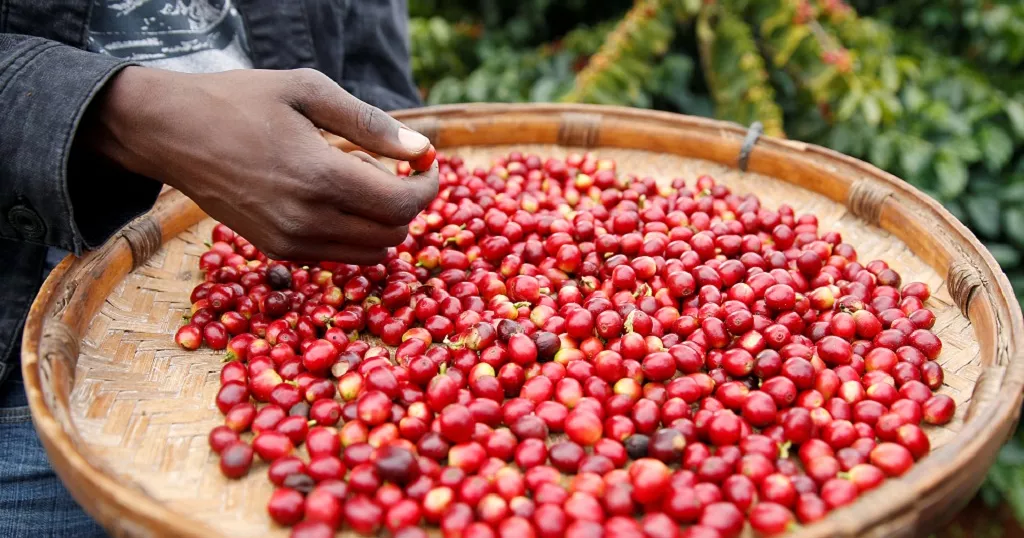Climate change increasing the bitterness and cost of coffee
As climate change parches the world’s major growing regions, the future coffee drink appears to be bitter and expensive for those who enjoy the beverage.
Crops throughout the world are at risk due to more unpredictable weather. Stronger, earthier robustas are predicted to do better, as are harder kinds in general. But concerns are growing in Vietnam, the world’s largest producer of these beans.
At her one-hectare farm in Dak Lak province, in the Central Highlands of the nation, 46-year-old Tran Thi Lien declared, “We have to dig deeper to get water.” We don’t have enough water for irrigation in some years. And there’s too much rain in certain years.
Tougher growing conditions have led Vietnamese farmers to question the value of coffee as a cash crop, with some pulling out their trees to plant black pepper and durian, a pungent fruit popular across Southeast Asia and with Chinese consumers.
Reduced supply has already pushed the robusta price this year to the highest level since at least 2008 — and still, rising temperatures mean future production will fall short
Coffee is a roughly $200 billion industry that stretches from small farms across Brazil or Indonesia to roasters and makers of end products, such as Nestlé. Traditionally, sellers like chain Starbucks favour the milder, more aromatic arabica variety, whereas robusta is used for instant coffee.
But consumers are going to have to get used to a different taste.
A 2022 study of tropical cash crops that included arabica, as well as avocado and cashew, found that the bean was most vulnerable to climate change, with regions suitable for its production shrinking globally primarily due to increased heat. Researchers found that it would be necessary to adapt, including by replacing arabica with hardier robusta.
Nestlé, the Swiss maker of Nespresso and Nescafé, is among those grappling with the change.
“Estimates show that 30 years from now, basically 50percent of coffee lands as we know them today will not be viable for coffee production anymore” if climate change isn’t tackled, Philipp Navratil, global head of Nestlé’s coffee strategic business unit, said during an interview on a tour of some of the Vietnamese farms that supply the coffee giant.
Nestlé is a major consumer of robusta — around the world, consumers drink more than 6 000 cups of Nescafé every second. It spends $700 million each year to buy around a quarter of Vietnam’s coffee production.
For feedback and comments, please contact ZiMetro News on WhatsApp: +27 82 836 5828.

For comments, Feedback and Opinions do get in touch with our editor on WhatsApp: +44 7949 297606.
